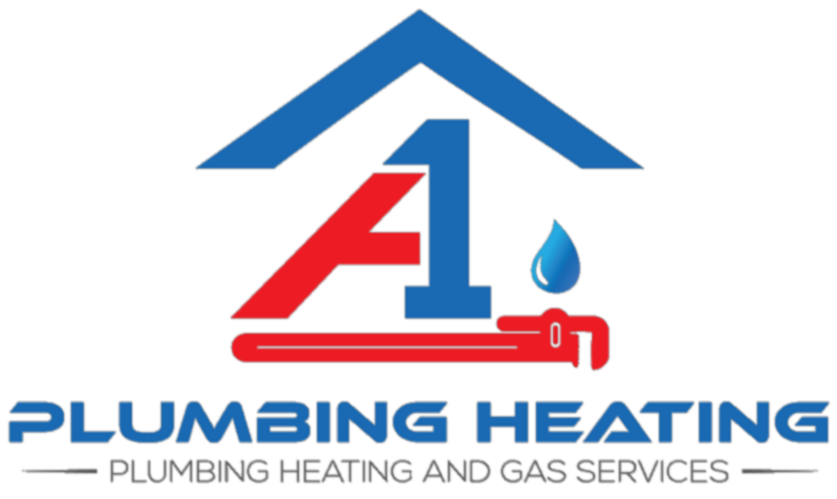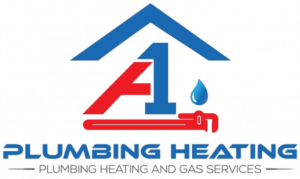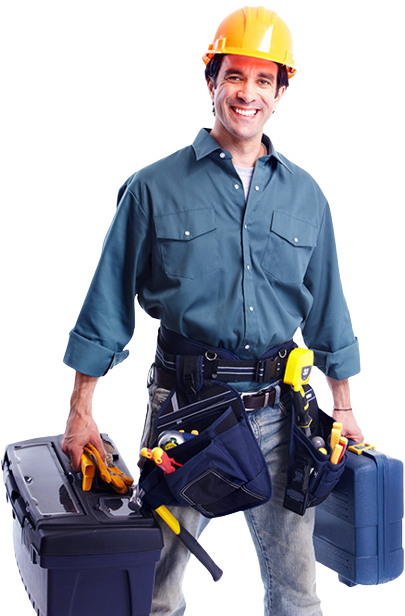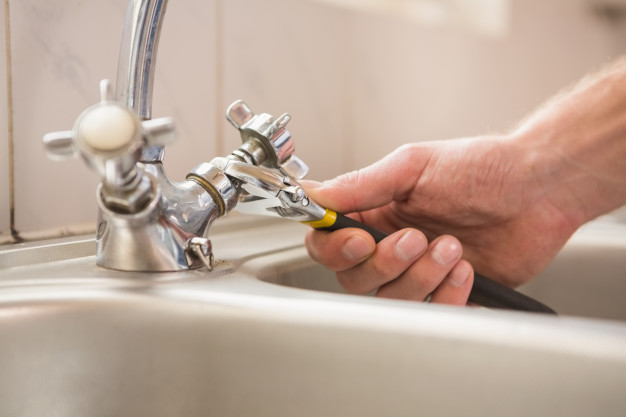Introduction
Plumbing problems are a common occurrence in households across Bristol. From dripping faucets to major pipe leaks, these issues can be frustrating and potentially costly if not addressed promptly. In this article, we will discuss some of the most common plumbing problems in Bristol and provide practical tips on how to fix them. By understanding these issues and learning how to tackle them, you can save money on repairs and maintain a well-functioning plumbing system.
- Dripping Faucets
One of the most common plumbing issues homeowners face is a dripping faucet. That annoying “drip, drip, drip” not only wastes water but can also increase your water bill. Most of the time, a dripping faucet is caused by a worn-out or damaged washer inside the faucet handle.
How to Fix It: To fix a dripping faucet, turn off the water supply to the affected faucet. Remove the faucet handle and replace the washer with a new one. Reassemble the faucet, turn the water supply back on, and check for leaks. If the problem persists, consider consulting a professional plumber.
- Leaking Pipes
Leaking pipes are another prevalent plumbing problem in Bristol. These leaks can occur in various places, including under sinks, in walls, or even underground. Left unaddressed, they can lead to water damage, mold growth, and structural issues.
How to Fix It: If you discover a leaking pipe, the first step is to turn off the water supply to that area. You can try patching small leaks with plumber’s tape or a pipe clamp. However, for significant pipe damage, it’s best to call a licensed plumber to assess and repair the issue properly.
- Clogged Drains
Clogged drains are a nuisance that can disrupt daily life. Whether it’s a slow-draining sink or a completely blocked toilet, clogs are a common plumbing problem in Bristol.
How to Fix It: For minor drain clogs, you can try using a plunger or a chemical drain cleaner. Be cautious with chemical cleaners, as they can damage pipes over time. If the clog persists, consider using a drain snake or auger to remove the blockage. For severe or recurring clogs, consult a professional plumber to inspect and clear the drain.
- Running Toilets
A running toilet is not only irritating but can also waste a significant amount of water. This common issue is usually caused by a faulty flapper valve or a malfunctioning fill valve.
How to Fix It: Lift the toilet tank lid and inspect the flapper valve. If it’s damaged or worn, replace it with a new one. If the fill valve is the problem, adjust the water level or replace the valve if necessary. Running toilets are typically easy to fix with a few basic tools and replacement parts.
- Low Water Pressure
Low water pressure can make everyday tasks like showering or washing dishes frustrating. This issue can result from various factors, including mineral buildup in pipes, a faulty pressure regulator, or a municipal water supply problem.
How to Fix It: Begin by checking other faucets in your home to see if the low pressure is isolated to one area or affecting the whole house. If it’s widespread, contact your water utility provider to inquire about any supply issues. If the problem is localized, consider cleaning or replacing faucet aerators and showerheads. If low pressure persists, consult a plumber to investigate potential pipe or regulator issues.
- Water Heater Problems
Water heaters are essential for providing hot water in your home. When they malfunction, it can disrupt your daily routine.
How to Fix It: If you’re experiencing issues with your water heater, start by checking the thermostat setting. Ensure it’s set to an appropriate temperature (usually around 120 degrees Fahrenheit). If you have no hot water, inspect the pilot light on a gas heater or the heating element on an electric heater. If these components are faulty, replace them as needed. For complex water heater problems, such as leaks or unusual noises, it’s best to consult a professional plumber with experience in water heater repair.
- Toilet Flushing Problems
Toilet flushing problems, such as incomplete flushes or constant running water, are common plumbing issues in Bristol homes.
How to Fix It: If your toilet isn’t flushing correctly, inspect the flapper valve and the chain connecting it to the flush handle. Adjust or replace these components as needed. If the problem persists, check the water level in the tank, as an improper water level can affect flushing. For running toilets, address issues with the flapper valve or fill valve. If necessary, seek professional help for toilet repair or replacement.
- Sewer Line Backup
A sewer line backup can be a severe plumbing problem that requires immediate attention. Symptoms include multiple drains backing up simultaneously and a foul odor.
How to Fix It: In the case of a sewer line backup, it’s crucial to contact a professional plumber right away. Attempting to resolve this issue without the proper equipment and expertise can lead to further damage and health hazards. Plumbers can use specialized tools like sewer cameras to identify the cause of the backup and recommend appropriate solutions.
- Frozen Pipes
During the cold winter months in Bristol, frozen pipes are a common concern. When water inside pipes freezes, it can expand and cause pipes to burst, resulting in significant damage.
How to Fix It: Preventing frozen pipes is essential. Insulate pipes in unheated areas, keep faucets dripping during freezing temperatures, and maintain a consistent indoor temperature. If you suspect a frozen pipe, turn off the water supply to that area and attempt to thaw the pipe with a hairdryer or heating pad. Do not use an open flame to thaw pipes, as it can pose a fire hazard. If a pipe has already burst, contact a plumber immediately for repairs.
- Water Quality Issues
Issues with water quality, such as discolored or foul-smelling water, can be a concern for homeowners in Bristol.
How to Fix It: Water quality problems can stem from various sources, including rust in pipes, mineral deposits, or contamination. To address these issues, consider installing a water filtration or purification system to improve water quality. Additionally, consult your local water utility provider to inquire about any known water quality issues in your area.
Conclusion
Dealing with plumbing problems in Bristol can be frustrating, but with the right knowledge and tools, many issues can be resolved without the need for professional assistance. However, for complex or severe plumbing problems, it’s always advisable to consult a licensed plumber to ensure proper diagnosis and repair. By taking preventive measures and addressing common plumbing issues promptly, you can maintain a well-functioning plumbing system and save money on potential repairs and water bills.



